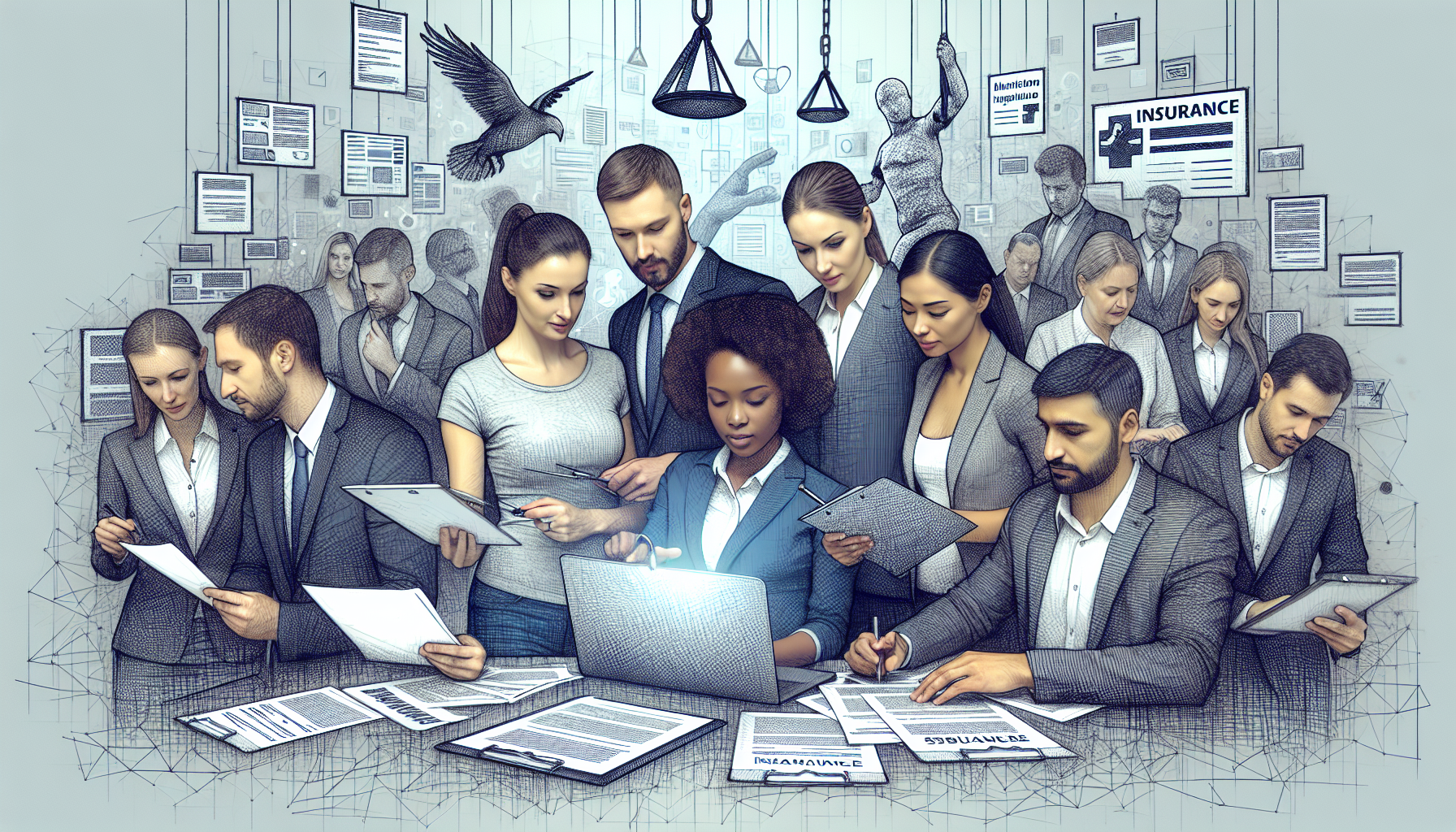
Unlocking Efficiency in Family Law with ChatGPT
In family law, paralegals play a crucial role in alleviating the workload of attorneys by conducting research, drafting documents, and managing cases. With the advent of ChatGPT and similar large language models (LLMs), legal service delivery can be substantially enhanced. These AI tools can streamline numerous tasks, leading to greater efficiency and higher quality service.
Streamlining Legal Research
Legal research is fundamental in family law, and ChatGPT offers a powerful aid to expedite this process. Paralegals can utilize ChatGPT to quickly find legal precedents and summarize case law more efficiently than traditional methods.
How to Use ChatGPT for Legal Research
- Input comprehensive queries to gather relevant legal cases.
- Ask for summaries of specific legal doctrines or statutes.
Sample Prompts:
- “Summarize the main legal precedents in child custody cases in New York State.”‘
- “Provide a brief summary of the Uniform Child Custody Jurisdiction and Enforcement Act (UCCJEA).”‘
By enhancing the speed and accuracy of legal research, paralegals can better support attorneys and clients alike.
Also read:
Drafting Documents with Precision
Document drafting is a time-consuming yet crucial part of family law. ChatGPT can assist in creating initial drafts of key documents, saving significant time and ensuring consistency.
Techniques for Drafting Documents:
- Outline the structure of the document before prompting.
- Utilize specific prompts to capture unique elements of each case.
Sample Prompts:
- “Draft a divorce petition including grounds for the request and a proposed custody agreement.”
- “Generate a child custody agreement template considering joint custody and visitation schedules.”
By leveraging these techniques, paralegals can produce drafts that require minimal adjustments from attorneys, enhancing overall productivity.
Also read:
Advanced Case Management
Effective case management is critical in family law to ensure timely and organized processes. ChatGPT can significantly aid in organizing case files and maintaining timelines.
Organizing Case Files and Timelines:
- Create and manage detailed case summaries.
- Automate reminders and updates for critical deadlines.
Sample Prompts:
- “Summarize all communication logs for case [Case Name] and draft a status report.”
- “Generate a timeline of important dates and deadlines for the custody modification case of [Client Name].”
Effective case management using AI not only keeps processes streamlined but also ensures that paralegals can manage workloads more effectively.
Also read:
Enhanced Client Interactions
In family law, clear communication with clients is fundamental. ChatGPT can facilitate enhanced communication by making legal concepts and procedures more understandable.
Improving Client Communication:
- Craft clear, concise explanations of legal terms.
- Provide summarized updates on case progress.
Sample Prompts:
- “Explain the divorce process in simple terms, highlighting the key stages and legal requirements for [Client’s Name].”
- “Summarize the recent court decision on the custody case and outline the next steps for [Client’s Name].”
This approach ensures clients have a clearer understanding of their case and the legal process, fostering trust and satisfaction.
Also read:
Automating Routine Tasks
Routine tasks such as scheduling and file management can be automated using ChatGPT, providing significant efficiency gains.
Benefits of Automation:
- Automate appointment scheduling and reminders.
- Organize and classify documents for easy retrieval.
Sample Prompts:
- “Schedule a client meeting for [Date] and send a reminder one day prior.”
- “Sort documents by case file and create a categorized index.”
Automating these tasks allows paralegals to focus on more complex activities, enhancing overall productivity.
Also read:
Mitigating Risks and Ensuring Accuracy
While AI tools like ChatGPT offer substantial benefits, human oversight is essential to ensure accuracy and mitigate risks. Verifying AI-generated content and employing best practices can ensure reliability and consistency.
Also read:
Future Prospects and Continuous Learning
As AI continues to evolve, its potential to transform legal services grows. Legal professionals must engage in ongoing education and adapt to these advancements to remain competitive and efficient.
Also read:
Concluding Thoughts: Embracing Innovation
In summation, integrating ChatGPT into family law practice offers numerous benefits, from streamlined research to enhanced client communications. Embracing these tools can lead to significant productivity gains and higher quality legal services. Legal professionals are encouraged to explore and adopt these AI tools to stay ahead in an ever-evolving field.


